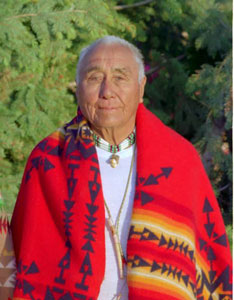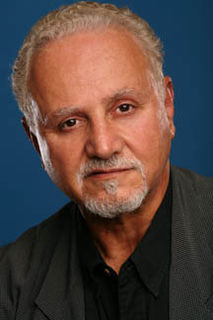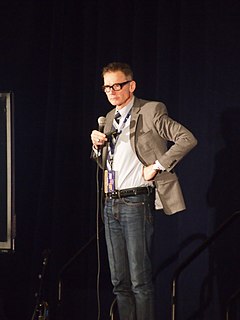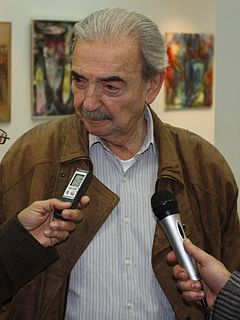A Quote by Deb Caletti
I was a book lover from the beginning. I loved, love, words and images and ideas, the ways a book can make you feel things deeply or help you understand something you never even knew there were words for.
Related Quotes
My grandmother would give me a beautiful book each year. I especially loved the Beatrix Potter books. They were very detailed. And I promised myself that was what I'd do. I also loved the big words she used. I was excited because I knew what they meant from the context. I put a few big words in for just that reason.
Words alone are inadequate to express spiritual realities. This book expresses the Red Indian spirit because it combines the best photographs ever taken of the old-time chiefs with some of their best words. You can meet these old-timers and share their wisdom. People who read this book will better understand our sacred ways.
The burning of a book is a sad, sad sight, for even though a book is nothing but ink and paper, it feels as if the ideas contained in the book are disappearing as the pages turn to ashes and the cover and binding--which is the term for the stitching and glue that holds the pages together--blacken and curl as the flames do their wicked work. When someone is burning a book, they are showing utter contempt for all of the thinking that produced its ideas, all of the labor that went into its words and sentences, and all of the trouble that befell the author . . .
I knew that I was writing for an American audience and that if I sold foreign rights, they would retranslate the book to make it make sense to that language. But one thing that was really important to me was not to italicize any of the words in the languages that were in the stories, because I feel like those foreign words felt just as important and integral to the story as everything else, so I wanted it all to just exist as its own thing.
If you think reading a book is hard, you should try writing one. Because it's even harder. It's still not as hard as writing a game, though. If you discount the purely visual pop-up parts, a book is made almost entirely of words. As a novelist, you just need to think of a few decent strings of words and then fill the other 98% of the book with more or less random descriptions of things and exclamation points.
She tore a page from the book and ripped it in half. Then a chapter. Soon, there was nothing but scraps of words littered between her legs and all around her. The words. Why did they have to exist? Without them, there wouldn't be any of this. Without words, the Führer was nothing. There would be no limping prisoners, no need for consolation or wordly tricks to make us feel better. What good were the words? She said it audibly now, to the orange-lit room. "What good are the words?
Look, words are like the air: they belong to everybody. Words are not the problem; it's the tone, the context, where those words are aimed, and in whose company they are uttered. Of course murderers and victims use the same words, but I never read the words utopia, or beauty, or tenderness in police descriptions. Do you know that the Argentinean dictatorship burnt The Little Prince ? And I think they were right to do so, not because I do not love The Little Prince , but because the book is so full of tenderness that it would harm any dictatorship.
I'm still happy with the way Einstein's Dreams came out. That book came out of a single inspiration. I really felt like I was not creating the words, that I was hearing the words. That someone else was speaking the words to me and I was just writing them down. It was a very strange experience. That can happen with a short book. I don't think it could happen with a long book.
No one really knows the value of book tours. Whether or not they're good ideas, or if they improve book sales. I happen to think the author is the last person you'd want to talk to about a book. They hate it by that point; they've already moved on to a new lover. Besides, the author never knows what the book is about anyway.
Watching a scene from a film in slow motion is possible, but there’s an unreal air to it; reading a passage from a book slowly does nothing to rob the words of their power. A film presents images; a book creates images inside the reader, with the reader’s active participation. Books are good for your brain.






































